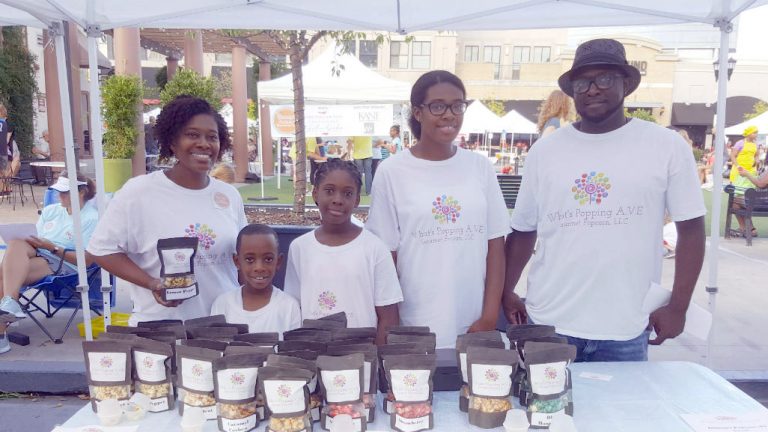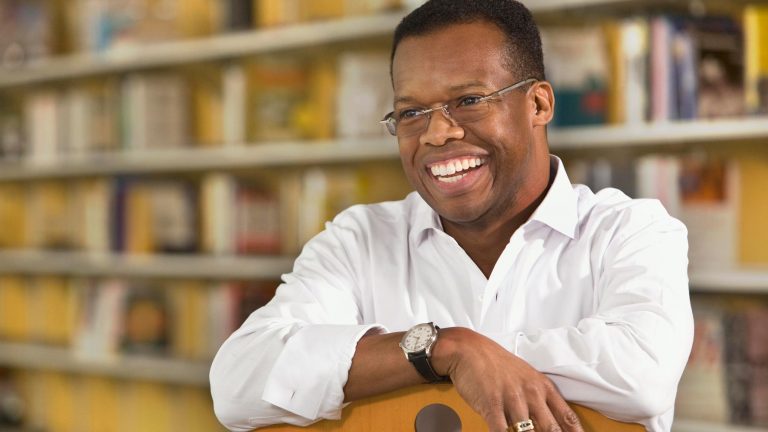Eric Roberson is a product marketing manager for HOPE worldwide, an organization whose goal is “to bring hope and change the lives of the world’s most poor, sick and suffering.” That focus on making the world a better place has been a constant in Roberson’s career. He previously founded HB Nation, a company with the motto: “Embrace diversity… In the end, we’re all human beings.”
His career shows that entrepreneurs can have goals broader than simply making money. We put a series of questions to Mr. Roberson to get his perspective on entrepreneurship.
Q. You call yourself a “social entrepreneur” – please explain what that means and how it influences your entrepreneurship ventures.
A. I define a social entrepreneur as anyone who cares about the “double bottom line.” In business, the bottom line of course is profit, but a social entrepreneur is someone who is also interested in how much of a positive net impact they can have on society. There is a quote that I try to live by in the Bible that says “Learn to do right; seek justice. Defend the oppressed. Take up the cause of the fatherless; plead the case of the widow.” Being a follower of Jesus, I try and use every tool I have to love God and my neighbor. For me, a social entrepreneur is someone who uses business as a tool to help make change for marginalized members of society.
Q. Your employment and entrepreneur activities seem to have a focus (broadly speaking) of making the world a better place. Do goals like that conflict with making money? Why shouldn’t making money be the No. 1 goal of all entrepreneurs?
A. I am pretty lucky to be finishing a Masters in Social Entrepreneurship at USC [University of Southern California] and my classes consist of both traditional business classes and classes that focus on “making the world a better place.” What is interesting is that in both my MBA classes and my social entrepreneurship classes, the topics of corporate social responsibility, “doing good,” being community-focused, etc., play an important role. There are times that doing good negatively affects profit, and there is a trade-off there, but in many cases, they go hand and hand. For example, Patagonia’s focus on the environment gives them a competitive advantage related to customer loyalty and Glossier created a community group program that led to lower acquisition costs and had many other profit-related benefits. Also, I think Gen-Z is so interested in holding companies accountable for their impact on society that, in order to address this market, it will become the expectation rather than the exception.
Q. Looking at your LinkedIn profile, it looks like you became a brand ambassador for GOODdler shortly after graduating from college. How hard was it to become a brand ambassador and how did it help your entrepreneur goals? Would you recommend that for budding entrepreneurs?
A. Yes, GOODdler is an online wishlist service that connects donors to NGO’s who are in need. Working with that organization was a great experience and where I think I fell in love with the idea of social entrepreneurship! I was able to travel to Geneva, Switzerland, and San Francisco to represent the company at the United Nations’ Youth Compact for Humanitarian Action, which was pretty amazing. That position kind of fell on my lap as a result of some volunteer work I was doing with a nonprofit called HOPE worldwide and one of the best outcomes of my time with GOODler was getting mentorship from the Co-Founder, Galina Fedorova. For budding entrepreneurs, having multiple mentors that can give you advice is super important and my biggest recommendation.
Q. Please talk about your experience at HB Nation. Why did you start the company? What lessons did you learn from the experience?
A. I co-founded HB Nation in 2017 because I wanted to help do something about the racial tension I have felt growing up in the US. I am biracial, which I feel has given me a unique perspective on this topic and starting HB Nation felt natural. The mission of HB Nation is to help people embrace diversity with the understanding that, at the end of the day, we’re all Human Beings. In response to events like Colin Kaepernick’s decision to protest police brutality and the killing of George Floyd, I have hosted community events to offer a safe space for people to talk, listen and heal. Since COVID, I have taken more of a digital route to accomplishing this mission and recently launched a YouTube Channel for the business where I have made videos about unconscious racial bias, having an impact on your community, and most recently coming together as a diverse group of people to do acts of random kindness in downtown Chicago. I have learned so much from starting the company; more than I could begin to discuss in this format. The biggest thing I learned is to find a problem you’re passionate about helping to solve and just go for it. Yes, do your research and do your best to prepare, but just go! Otherwise fear kicks in and you won’t do anything.
Q. What should young entrepreneurs start doing now to prepare to be successful?
A. Do it! Try, fail, learn and repeat. If you do this, especially when you’re young, success is inevitable. On a more practical side, something I regret is not taking financial literacy more seriously early on and I wish I sought out help from my mentors about this sooner. But even that process of failure led me to go to business school and make my weakness a strength!





